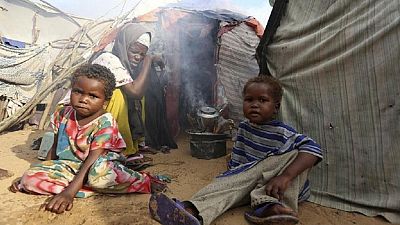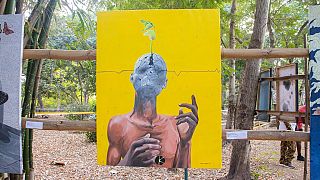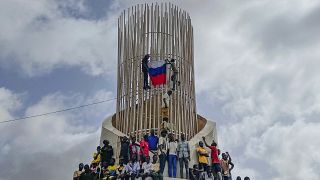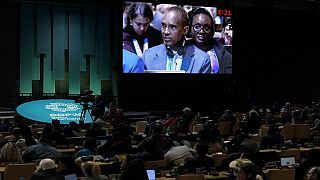Africa
It is projected that in the next 14 years, African children could account for over 40% of the world’s poorest people. The only means of averting this situation is improvement in education and healthcare.
The continent currently has a rising youth population in contrast to demographic trends in the rest of the world. But a report from the Overseas Development Institute (ODI) says some 22% of sub-Saharan Africa’s children by 2030 will be living below the $1.90 poverty threshold.
These children will account for 43% (about 147.7 million) of the total affected by total global extreme poverty – almost twice the level in 2012.
Sub-Saharan Africa is failing to tackle extreme child poverty https://t.co/SwffF6fRUk pic.twitter.com/JJ6JsOxUwM
— Financial Times (@FT) August 24, 2016
The ODI report titled ‘Child poverty, inequality and demography,’ merges demographic data with a World Bank poverty scenario, to develop detailed regional and age profiles for extreme poverty.
‘‘Investing in opportunities for Africa’s children could yield major returns for economic growth and human development. Education is critical. Delivering decent quality learning for all is a proven catalyst for development,’‘ a summary to the report noted.
‘‘With the right mix of policies in place, Africa could accelerate the pace of demographic transition – and reap a dividend from a rising generation of youth.
‘‘There are valuable lessons to be drawn from other regions and some countries in Africa itself. But governments need to wake up to the demographic opportunity as a matter of urgency,’‘ the report further stated.
The ODI is a UK-based independent think-tank on international development and humanitarian issues.












01:37
Record participation at 24th Sofi Great Ethiopian Run
11:05
Africa's hight cost of climate change [Business Africa]
01:07
Pro-palestinian demonstrators protest in Rio de Janeiro as G20 summit unfolds
01:17
COP29 finance talks lag as the summit reaches its halfway mark
01:38
COP29: What next for Africa's energy transition?
01:00
Civil society takes center stage at Brazil’s G20 social summit